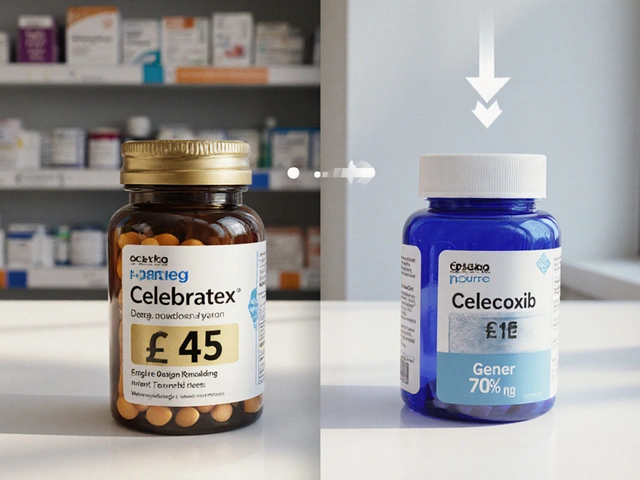Brain Health: Simple Steps to Sharper Memory, Better Focus & Mood
Your brain works nonstop, so giving it the right fuel and care matters. Small daily choices can keep thoughts clear, moods steady, and memory sharp. Below are easy habits that anyone can add to a busy schedule.
Everyday Habits That Keep Your Brain Young
Sleep. Aim for 7‑9 hours of uninterrupted rest. During deep sleep the brain clears waste and solidifies memories. If you’re tossing, dim lights an hour before bed and avoid screens.
Hydration. Even mild dehydration makes concentration slip. Keep a water bottle at your desk and sip regularly – about 2 liters a day for most adults.
Balanced meals. Choose foods rich in omega‑3 fatty acids (salmon, walnuts, flaxseeds), antioxidants (berries, leafy greens), and lean protein. These nutrients support cell membranes and protect against oxidative stress.
Limit sugar and processed snacks. Rapid spikes in blood sugar can cause brain fog and worsen long‑term cognitive decline. Swap candy for fruit or a handful of nuts.
Regular movement. A brisk 30‑minute walk raises blood flow, delivering oxygen and nutrients to brain tissue. Even short movement breaks every hour improve focus.
Boost Your Brain with Targeted Practices
Challenge your mind. Learning a new language, playing a musical instrument, or tackling puzzles forces neurons to form fresh connections. Set a realistic goal – 10 minutes of a language app each morning, for example.
Social interaction. Conversations stimulate multiple brain regions. Make time for a coffee chat or virtual meetup at least twice a week.
Mindfulness and breathing. Simple breathing exercises or a 5‑minute meditation calm stress hormones that can damage memory cells. Try inhaling for four counts, holding for four, then exhaling for four.
Take micro‑breaks. After 45 minutes of focused work, step away for two minutes. Look out a window, stretch, or close your eyes. Short breaks reset attention and prevent mental fatigue.
Consider safe supplements. If diet falls short, omega‑3 fish oil, vitamin D, and B‑complex vitamins are the most studied for brain support. Talk to a pharmacist before starting any new supplement.
Putting these habits together creates a brain‑friendly routine that fits any lifestyle. Start with one change – maybe a nightly sleep ritual – and build from there. Consistency beats perfection.
Want deeper dives into specific topics like nutrition, mental exercises, or the science behind sleep? Explore our articles on brain health, memory tricks, and mood‑boosting strategies to keep learning and improving every day.
Cerecetam: Benefits, Side Effects, and How This Nootropic Works
Learn how Cerecetam works, what it does for memory and cognition, and what side effects to watch out for. Discover real science—and what people wish they knew sooner.






